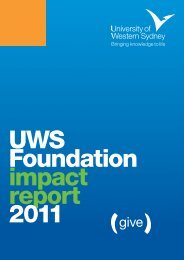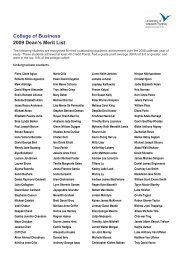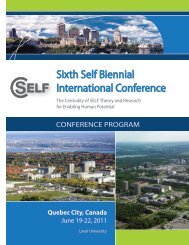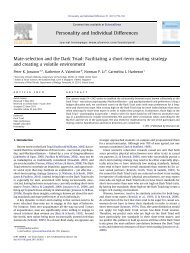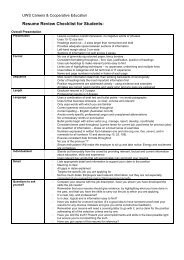Rethinking Multiculturalism Reassessing Multicultural Education
Rethinking Multiculturalism Reassessing Multicultural Education
Rethinking Multiculturalism Reassessing Multicultural Education
- No tags were found...
Create successful ePaper yourself
Turn your PDF publications into a flip-book with our unique Google optimized e-Paper software.
the Ajegbo report (2007) and the approach of academy schools can all becharacterised in this way. In contrast, the 1981 Rampton report and the 1985Swann report can both be described as multiculturalist, and the 2010 CitizenshipCurriculum straddles both categories. Certain elements of the language usedin Australia’s multicultural policy and associated debates are structured aroundintegrationist ideas: this is evident in terms such as ‘rights’, ‘responsibilities’,‘duty’, ‘recognition’, ‘tolerance’ and ‘citizenship’. It is possible that there aresimilarities between The People of Australia: Australia’s <strong>Multicultural</strong> Policy(2011) and England’s <strong>Education</strong> for All and Every Child Matters in the sensethat cultural diversity is celebrated at the same time as being ‘recognised’ –the latter word betraying a power relationship and indicating that anintegrationist, conditional relationship between the state and the individual /community is being promoted.<strong>Multicultural</strong> education depends on three key points: method (how practiceallows students to talk, think and reflect), depth (practice needs to avoid thetokenistic; stereotyping needs to be avoided at all cost), and reach (practiceneeds to be international rather than national). Awareness training andcontinuing professional development for all education practitioners is important:an inclusive, multicultural, anti-racist program of lifelong learning is necessaryto address social and cultural concerns such as racism and discrimination.Many teachers who trained prior to 2002 are unsure about citizenship becausethey have not been taught how to teach the subject, and more teachers andspecialists in citizenship are required.It is important to rethink multiculturalism, and apply it to what is going on socially,culturally and educationally in different contexts. However, multiculturalism isonly one concept amongst others which need to be investigated in order toincrease our understanding of society, cultures and education.SESSION 6 DISCUSSIONThe discussion section for this session focused especially upon citizenship.What is the relationship between national citizenship and recent moves towardsglobal citizenship – do they need to be reconciled? Is such a relationshipbeing played out already by the people who already live lives which straddleboth categories, such as new Filipino immigrants in the United States? Isthere a shift towards citizenship being a discourse of responsibility in the post-9/11 environment? Is the ethnic majority willing to situate itself in citizenshipdebates, or do its members construct themselves as the ‘white Anglonormative unmarked’ category, and fail to deal with their own positionalityand the privileges they enjoy? How might working with the personal, familialand ancestral histories of teachers help them to better engage with issues ofcitizenship and injustice? And finally: citizenship from whose perspective? Thereis an academic and activist perspective of citizenship but what does citizenshipmean for the people advocated for: the immigrant, the minority, the marginalised,SESSION 6 International Academic Perspectives on <strong><strong>Multicultural</strong>ism</strong> and <strong>Multicultural</strong> <strong>Education</strong> Part 129Book 1.indb 293/12/2012 8:36:13 PM


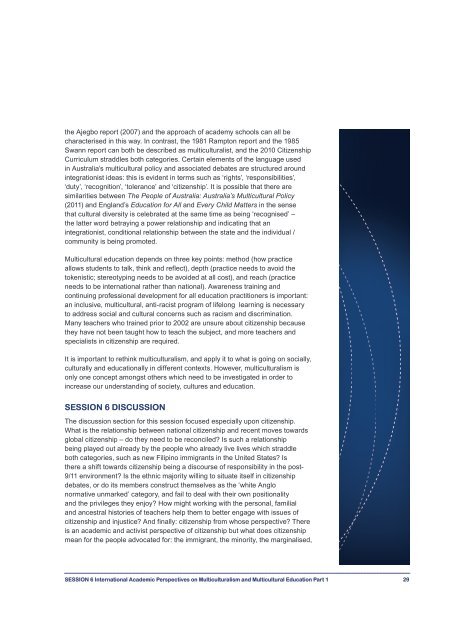
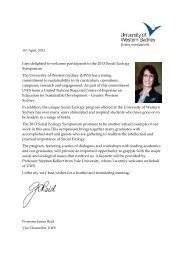
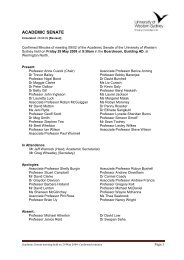
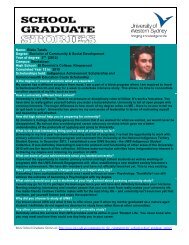
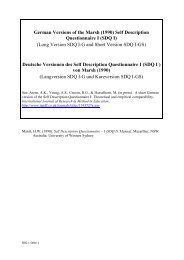
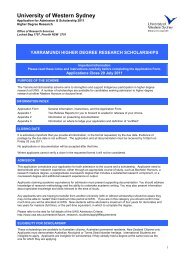
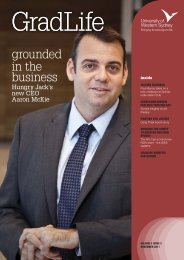
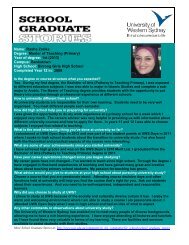
![Glossary of terms for Academic Integration Plans [PDF, 127Kb]](https://img.yumpu.com/46838287/1/184x260/glossary-of-terms-for-academic-integration-plans-pdf-127kb.jpg?quality=85)
